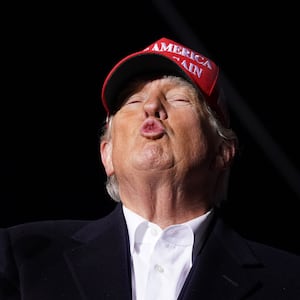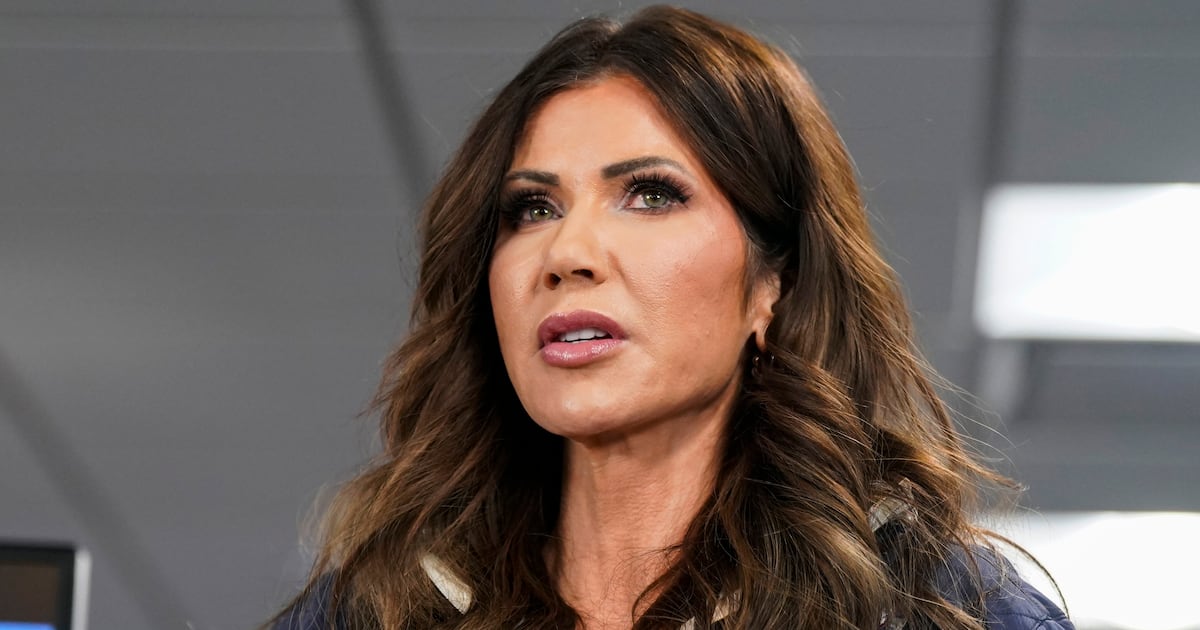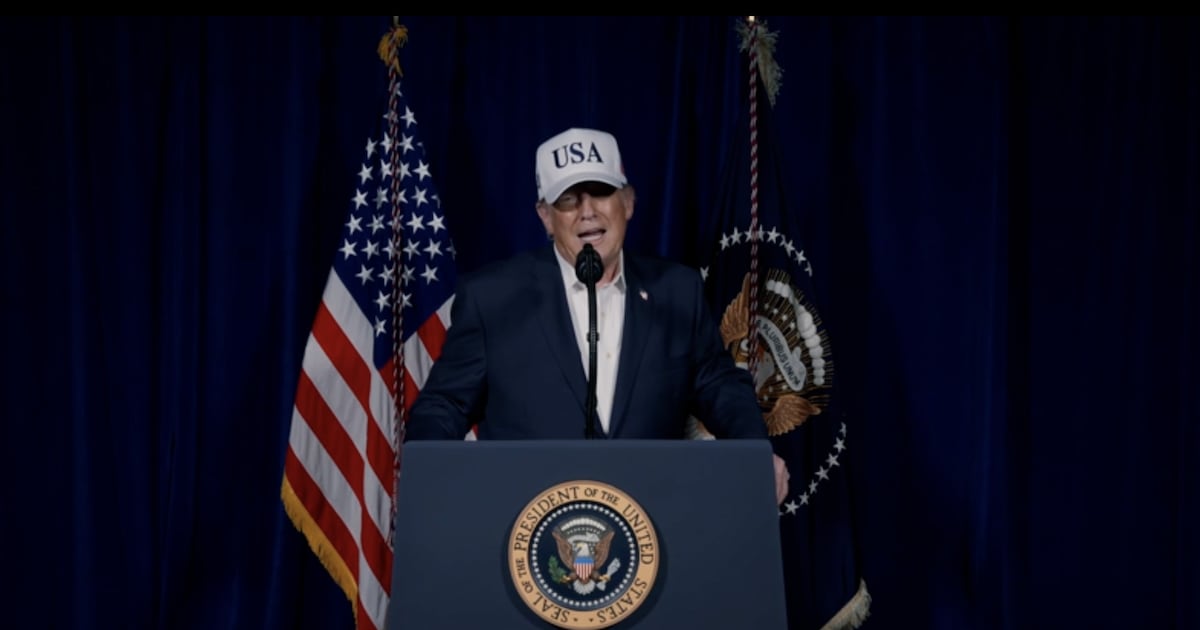After more than two years of the Trump Organization refusing to fully turn over evidence of alleged financial fraud to the New York state attorney general, a court-mandated auditor will now have to provide detailed reports of just how much is left.
On Monday, Judge Arthur F. Engoron ordered a digital forensics company that’s already helping the Trump Organization identify evidence to be much more explicit in its progress reports, so that, in the next few weeks, investigators can finally figure out whether to formally sue the former president’s firm for bank and insurance fraud.
“I don’t just want a little more meat. I want specific information about these searches. I want detailed reports. We're winding down this whole investigation. We want this to end at some point for numerous reasons,” Engoron told lawyers on both sides.
New York AG Letitia James and her investigators have been locked in a fierce legal battle with the Trump Organization. Former President Donald Trump’s son, Eric, refused to testify until the judge intervened—only to have the executive plead the Fifth nearly 500 times. The company refused to turn over most records until last September, when the judge again intervened to force compliance.
When Trump and his two other adult kids, Don Jr. and Ivanka, refused to show up for depositions in January, the judge again stepped in to order them to sit down and answer questions. (That last decision is now on appeal.)
At issue now is that HaystackID, the third-party firm the Trump Organization had to retain to help it sort through records, is supposed to be a neutral player identifying how close investigators are to getting what they’ve always needed. But those reports haven’t been helpful.
When the judge asked to hear directly from HaystackID’s top forensics officer, John Wilson, the judge’s law clerk let her disappointment be known.
“I took a look at the reports you've provided and they seemed very barebones. The reports you gave don’t offer much information, quite frankly,” said the judge’s principal law clerk, Allison R. Greenfield.
For example, Haystack auditors are still trying to track down a cell phone that belonged to Trump Organization lawyer Alan Garten. And it’s still unclear if several other company employees have devices that investigators will want to get their hands on.
After taking a quick break, the judge ordered the auditor to start making weekly, detailed reports—and wrap up this evidence search in late April. He was motivated by a concern that if this drags on any longer, this entire investigation might be for nothing.
The clock is ticking.
Given that so many of the Trump Organization’s financial shenanigans stretch back six years or more—potentially making them too old to prosecute—the AG’s office has managed to freeze time on New York’s statute of limitations by entering into a “tolling agreement” with the Trump Organization. But that signed deal expires at the end of April, so investigators want to search through all the evidence long before then.
"Days, months, start to add up and become significant," Assistant Attorney General Austin Thompson said in court, citing what he called “extreme circumstances” entirely caused by the former president’s company.
The AG’s investigation increasingly looks like the last chance for New York law enforcement to hold the former president and his company accountable, given that the Manhattan District Attorney’s parallel criminal investigation appears to be fizzling out.
The Trump Organization’s lawyers in court on Monday, Amy Carlin and Larry Rosen, argued that the judge was unreasonably tacking on more work—and cost for the company.
"We want to be done with this. Their investigation just continues to grow and expand. The tentacles are everywhere,” Rosen said.
In court, Rosen stressed that the company is struggling to keep up with the many investigations and acknowledged the existence of a probe by Westchester District Attorney Mimi Rocah, who is examining the finances of Trump’s 18-hole golf course in the suburbs just north of New York City.
“There's only so many in-house resources that the organization has,” Rosen said.
“Yes, this would cost more money,” the judge conceded with a shrug.
Sources have told The Daily Beast that Trump has privately lamented the ballooning costs of dealing with multiple investigations in Georgia, Manhattan, Washington, and elsewhere—and complained that his enemies will be “suing me for the rest of my life.”
Asawin Suebsaeng contributed to this story.








